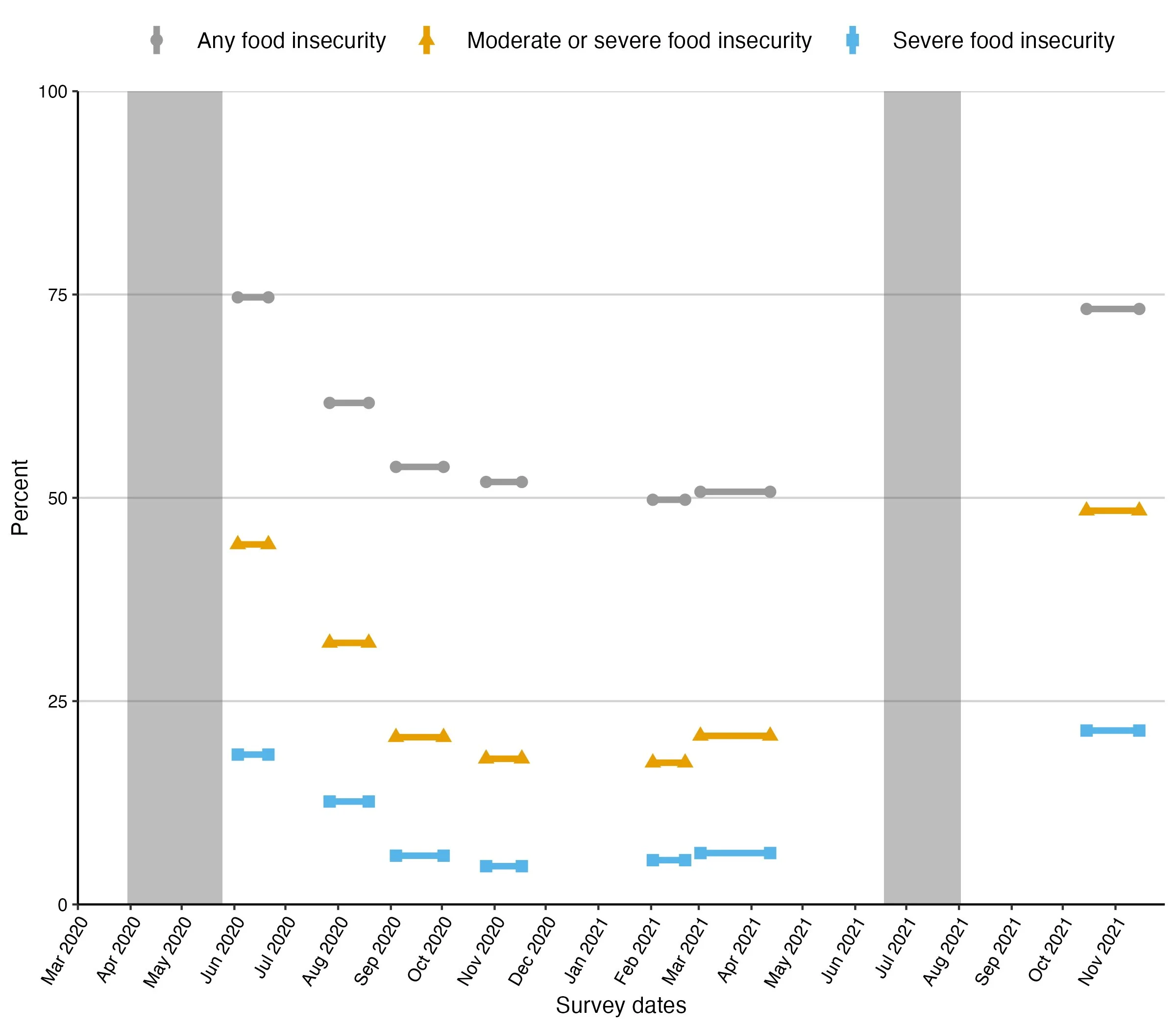I am a Professor of Economics at Seattle University. I mainly study household behavior and demography in low- and middle-income countries, with forays into methods and criminal justice. Below are examples of some of my recently published research. More is available under the “Research” link.
Latest Research
Using nationally representative panel data from Bangladesh and individual fixed effects, we provide causal evidence that income, asset, and production losses significantly increase depression and anxiety, with effects persisting for 6–12 months. Adverse impacts are concentrated among individuals without access to coping mechanisms, while education substantially reduces vulnerability to mental health distress following shocks.
Sub-Saharan Africa’s fertility levels are markedly higher than those of other regions. Using individual-level data, I show that the differences in fertility emerge among women with some primary education and narrow at higher levels. I argue that these patterns reflect lower school quality and higher child mortality in sub-Saharan Africa.
Uganda’s strict COVID-19 lockdowns led to substantial increases in household food insecurity both in the short and medium run. Using longitudinal data from high-frequency phone surveys, we show that coping mechanisms such as remittances and government assistance proved ineffective, and that many households shifted toward agriculture in response.


